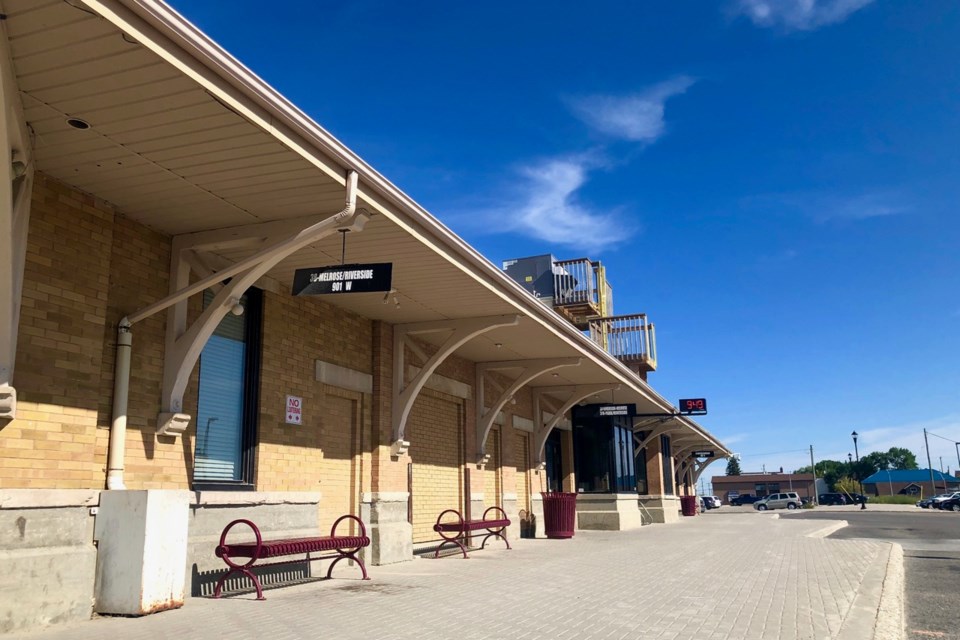Funding could open up new ways to get on board with Timmins Transit.
The City of Timmins is applying for the federal rural transit solution fund to overhaul the bus system. Council approved the grant application at its April 30 meeting.
"If we're successful in this funding we'll use the grant money to hire a transit consultant to help us with our plan to transition to micro-transit throughout the city," Ken Krcel, director of public works and environmental studies, told council.
The cost of the consulting service is $35,605. If the grant is successful, the city would use gas tax reserves to cover the municipality's portion of the cost, which is 20 per cent.
The goal is a public transit system with 12 fixed routes in high-traffic areas that riders can connect to using an on-demand micro-transit service.
The transit consultant would advise the city on the on-demand zones and the connection points to the fixed routes.
Work on upgrading the bus system has already started.
In February, the paratransit service switched to an app that allows eligible users to book trips. While there have been some kinks to work out — the app offers a half-hour window around the requested pick-up time, for example — the overall user satisfaction is high.
"It's definitely something I want to continue and really appreciate the phase one that we do have now. Paratransit has been running really well," said Coun. Rock Whissell.
RELATED: People using the new on-demand bus app are liking the service
The next phase is introducing a micro-transit pilot in Porcupine and South Porcupine. The goal to roll that out is in late summer, said Krcel.
While Coun. John Curley was hoping that this part would be offered earlier, he supports the initiative as it's something that's been talked about for a while.
Phase three is a city-wide on-demand service at the beginning or end of an individual trip.
"So that's where people will be able to ... call up Timmins Transit and we'll pick them up within a certain distance of their location, bring them to the closest stop that will get them on a fixed route and connect them on the other end if required," explained Krcel.
Policy changes are the last step.
